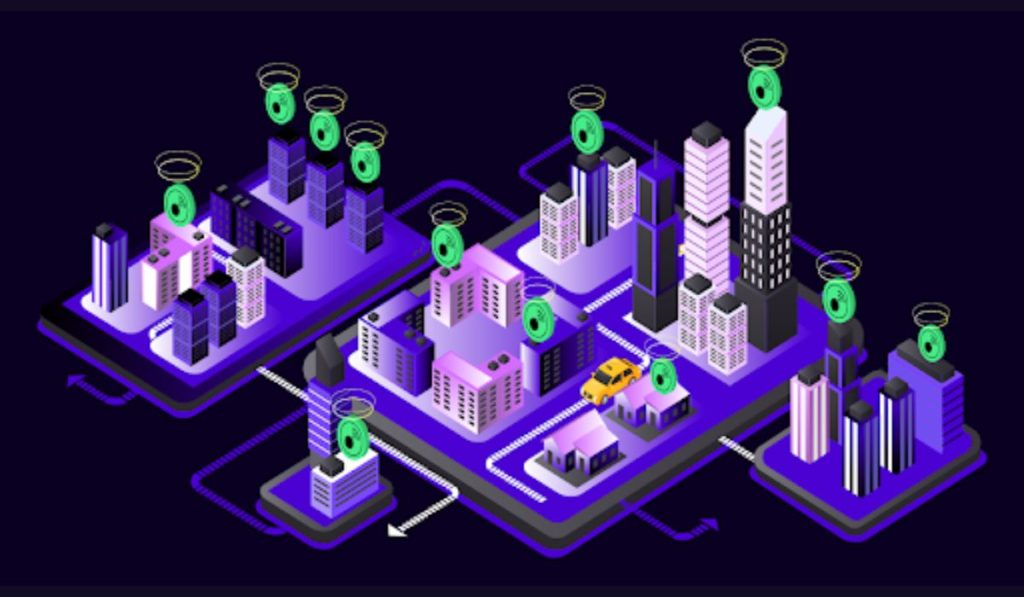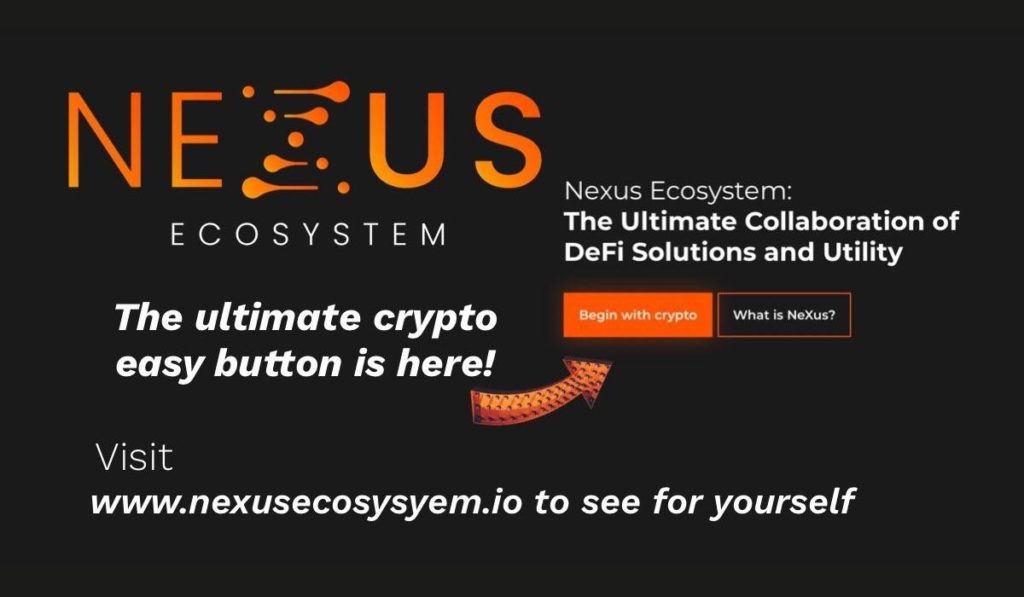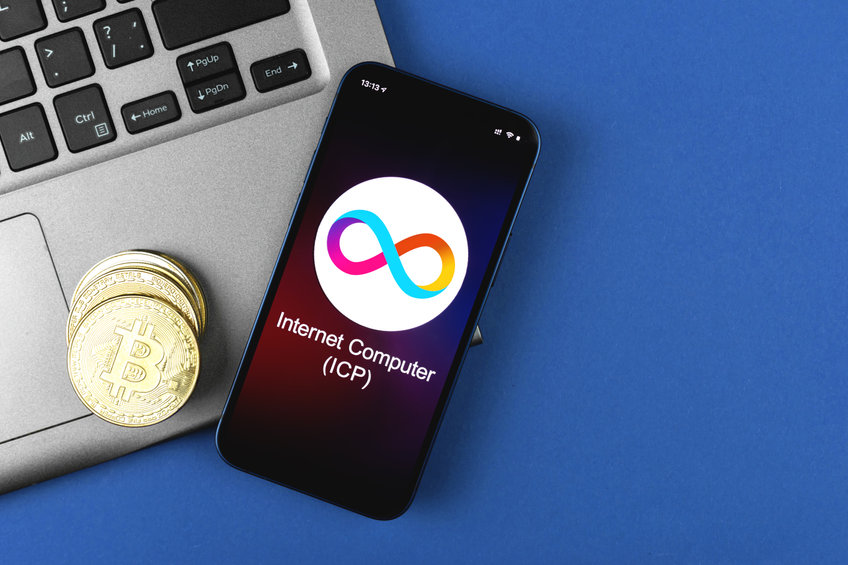2023-4-22 09:23 |
The internet has come a long way since its inception, and we are now on the cusp of a new era: Web3. This next-generation internet promises to change how we interact with the digital world by offering enhanced privacy, security, and user control.
But what exactly is Web3, and how will it change the internet as we know it? In this comprehensive article, we will delve into the concept of Web3, its benefits and challenges, and the potential impact on society.
What is Web3?Web3, short for Web 3.0, is the next evolution of the internet, which aims to create a decentralized, secure, and user-centric digital ecosystem. Unlike the current internet, Web3 is designed to empower users by giving them more control over their data and online interactions. This is made possible through the use of advanced technologies such as blockchain, distributed ledger technology, and cryptographic tools.
A brief history of the InternetTo fully appreciate the significance of Web3, it’s essential to understand the internet’s development, which can be divided into three distinct generations:
Web 1.0: The static web, where users were mainly consumers of content. This was the initial phase of the internet, characterized by static websites and limited user interaction. Websites primarily served as online brochures, with little to no interactivity. Web 2.0: The social web, where users could create and share content, but centralization was still prevalent. This generation saw the rise of dynamic, user-generated content and social media platforms like Facebook, Twitter, and YouTube. While users gained the ability to create and share content, the infrastructure remained largely centralized, with a few big corporations controlling the majority of online activity. Web3: The decentralized web, where users have greater control over their data and interactions. This next phase of the internet is characterized by decentralization and user empowerment, enabled by cutting-edge technologies such as blockchain and decentralized protocols. What makes Web3 different?Web3 stands apart from its predecessors because it focuses on decentralization, privacy, and user control. By leveraging blockchain technology, distributed ledger technology, and other decentralized protocols, Web3 aims to create a more equitable digital landscape where users retain control over their data and online experiences.
The Benefits of Web3Decentralization is a cornerstone of Web3. This design feature allows for greater distribution of power and control, preventing any single entity from having too much influence over the internet. This fosters a more democratic online environment where individuals and communities can flourish without undue interference.
Increased privacyWith Web3, users have more control over their data, enabling enhanced privacy and data ownership. This is a marked departure from the current internet, where large corporations often harvest and monetise user data without explicit consent.
Improved securityWeb3’s decentralized nature and reliance on cryptographic techniques provide improved security, reducing the risk of hacks and data breaches. The distributed nature of the network makes it more resilient to attacks, and cryptography ensures secure transactions and communications.
Reduced censorshipAs a decentralized network, Web3 makes it more difficult for governments and other entities to censor content or control the flow of information. This has the potential to promote freedom of expression and access to information, even in regions where these rights are suppressed.
Increased user controlWeb3 empowers users by giving them greater control over their data, identity, and online interactions. This user-centric approach prioritizes the needs and preferences of individuals, ensuring that large corporations and centralized entities do not exploit them.
The Challenges of Web3Web3 involves complex technologies and protocols, which can be difficult for the average user to understand and navigate.
This complexity presents a barrier to entry for many potential users, making it challenging for them to fully engage with and benefit from Web3 platforms and services.
Lack of user adoptionFor Web3 to succeed, it needs widespread user adoption. Convincing users to transition from familiar, centralized platforms to new, decentralized ones can be a significant challenge. This is particularly true when users have invested time and effort into their current digital identities and networks, which may not be easily transferable to Web3 environments.
Regulatory uncertaintyAs a nascent technology, Web3 faces regulatory uncertainty, which could hinder its growth and adoption. Governments and regulatory bodies are grappling with how to regulate decentralized networks, and this uncertainty may discourage some users and developers from fully embracing Web3.
Scalability issuesWeb3 technologies, particularly blockchain, have faced scalability challenges in the past. As the number of users and transactions on a network grows, it becomes increasingly difficult to maintain fast and efficient processing. While significant progress has been made in addressing these issues, scalability remains a concern for the widespread adoption of Web3.
The Future of Web3Web3 has the potential to fundamentally change the internet, transforming it into a more decentralized, secure, and user-centric space. By removing the power from centralized entities and giving it back to users, Web3 could create an entirely new digital landscape that prioritizes the needs and desires of individuals.
The impact of Web3 on societyBy empowering users and fostering decentralization, Web3 could have far-reaching effects on society. Enhanced privacy could give individuals greater control over their personal information, while reduced censorship could promote freedom of expression and access to information. Additionally, decentralized networks could enable new forms of collaboration, commerce, and communication, disrupting traditional business models and fostering innovation.
The opportunities and risks of Web3Web3 presents both opportunities and risks. While it offers the potential for a more equitable digital landscape, it also faces challenges such as technical complexity, regulatory uncertainty, and scalability issues. Balancing these factors will be crucial for the successful adoption and integration of Web3 into our digital lives.
ConclusionIn summary, Web3 represents a new era of the internet that prioritizes decentralization, privacy, and user control. By leveraging cutting-edge technologies like blockchain and distributed ledger technology, Web3 has the potential to transform the digital landscape and reshape our online experiences. However, achieving this vision will require overcoming challenges such as technical complexity, user adoption, and regulatory uncertainty.
As we move into the future, it is crucial for individuals, businesses, and governments to be aware of the opportunities and risks presented by Web3 and work together to create a more equitable, secure, and user-centric internet for all.
a How will Web3 change the internet?Web3 will change the internet by decentralizing power and control, enhancing privacy and security, and prioritizing user needs and desires. This could create a new digital landscape where individuals have more control over their data and online experiences.
a What are the benefits of Web3?The benefits of Web3 include decentralization, increased privacy, improved security, reduced censorship, and increased user control over data, identity, and online interactions.
a What are the challenges of Web3?The challenges of Web3 include technical complexity, lack of user adoption, regulatory uncertainty, and scalability issues.
a What are the opportunities and risks of Web3?The opportunities of Web3 include a more equitable digital landscape, user empowerment, and the potential for new business models and innovations. The risks include technical complexity, regulatory uncertainty, and scalability issues that could hinder widespread adoption and integration.
a What are the regulatory challenges of Web3?The regulatory challenges of Web3 involve uncertainty around how governments and regulatory bodies will approach decentralized networks, which could hinder growth and adoption. Clear and supportive regulation is needed to ensure Web3 can thrive.
a What are the scalability challenges of Web3?The scalability challenges of Web3 involve maintaining fast and efficient processing as the number of users and transactions on a network grows. Addressing these issues is crucial for the widespread adoption of Web3 technologies, particularly blockchain and distributed ledger technology.
a What are the technical challenges of Web3?The technical challenges of Web3 include its complexity, which can be difficult for the average user to understand and navigate, and the need to develop user-friendly tools and interfaces that facilitate adoption and usage.
a What is the future of Web3?The future of Web3 lies in its potential to fundamentally change the internet, transforming it into a more decentralized, secure, and user-centric space. Its impact will depend on overcoming challenges and achieving widespread adoption, ultimately empowering users and fostering innovation.
a What is the impact of Web3 on society?The impact of Web3 on society could be far-reaching, with enhanced privacy and reduced censorship promoting freedom of expression and access to information. Additionally, decentralized networks could enable new forms of collaboration, commerce, and communication, disrupting traditional business models and fostering innovation.
a What is Web3?Web3, short for Web 3.0, is the next evolution of the internet, which aims to create a decentralized, secure, and user-centric digital ecosystem. It leverages advanced technologies such as blockchain, distributed ledger technology, and cryptographic tools to give users more control over their data and online interactions.
The post What is Web3 and How Will It Change the Internet? appeared first on NFT News Today. origin »Bitcoin price in Telegram @btc_price_every_hour
Advanced Internet Blocks (AIB) на Currencies.ru
|
|






















